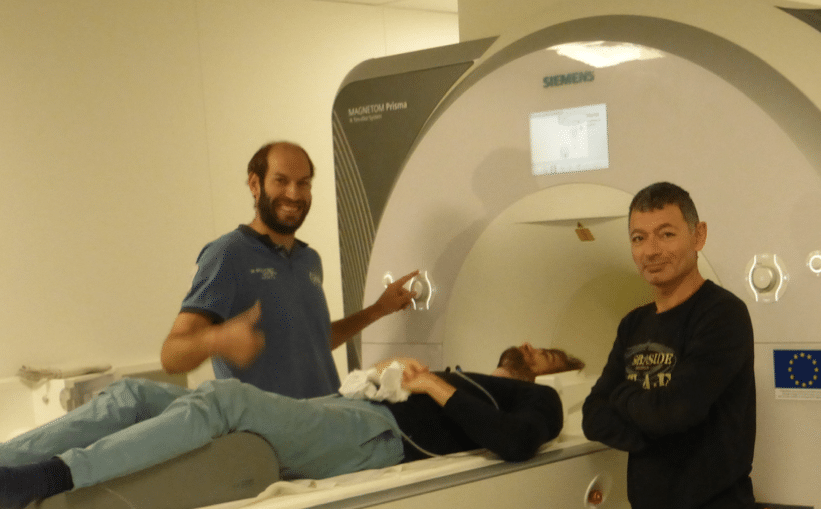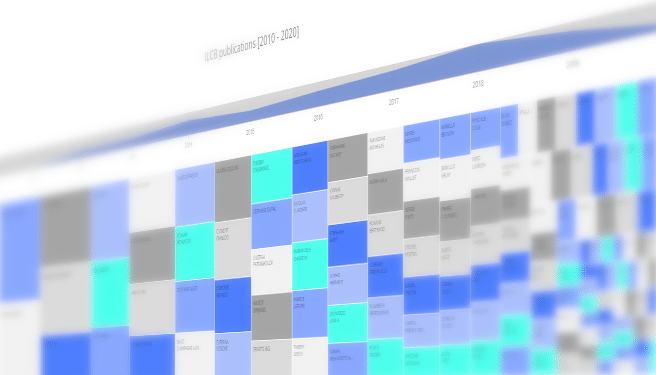
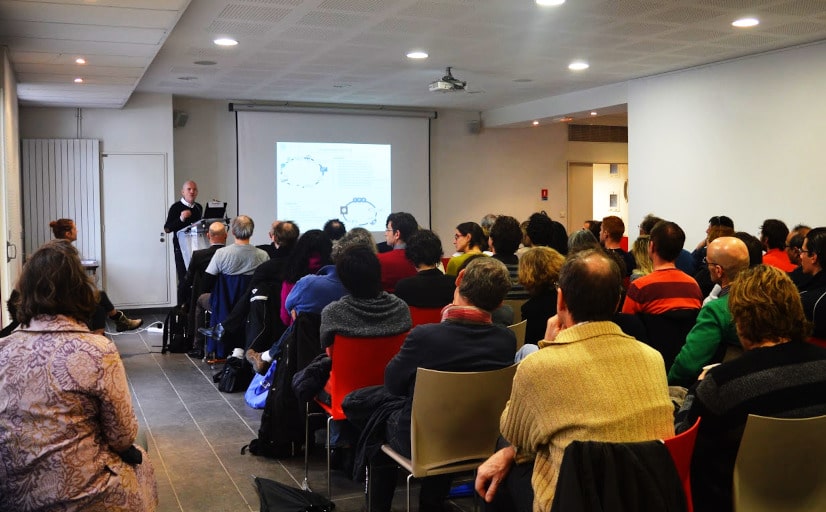
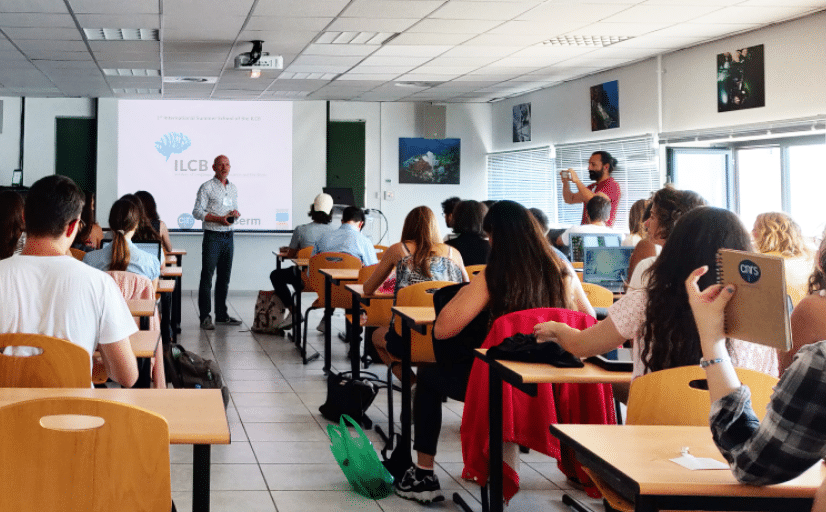
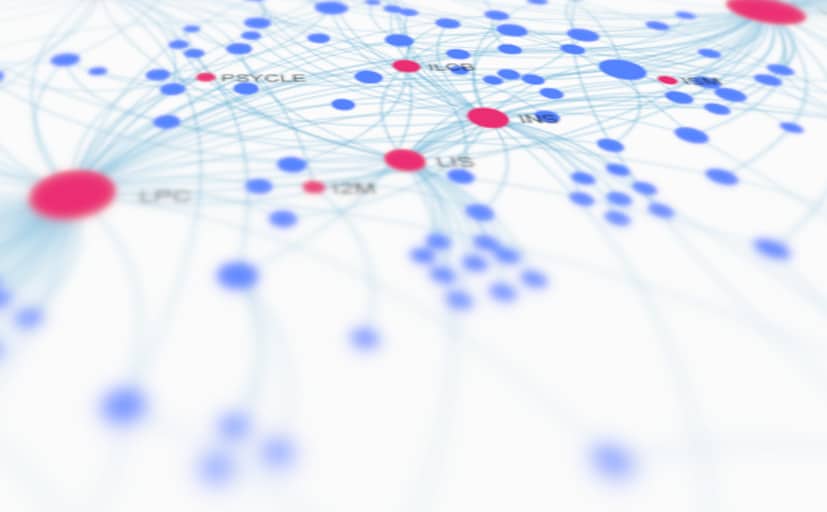
FEATURED PUBLICATIONS
Speaking to a common tune: Betweenspeaker convergence in voice fundamental frequency in a joint speech production task Vincent Aubanel, Noël Nguyen
2020 PLOS/ONE
read more >>
Learning to Read and Dyslexia: From Theory to Intervention Through Personalized Computational Models Johannes C. Ziegler, Conrad Perry, Marco Zorzi
2020 Current Directions in Psychological Science
read more >>
Error-based learning and lexical competition in word production: Evidence from multilingual naming Elin Runnqvist, Kristof Strijkers, Albert Costa
2019 PLOS/ONE
read more >>
Constraints on the lexicons of human languages have cognitive roots present in baboons (Papio papio) Emmanuel Chemla, Isabelle Dautriche, Brian Buccola, and Joël Fagot.
2019 PNAS
read more >>
High-fidelity copying is not necessarily the key to cumulative cultural evolution: a study in monkeys and children Carmen Saldana, Joël Fagot, Simon Kirby, Kenny Smith, Nicolas Claidière
2019 Proceedings of the royal society B
read more >>
Bringing together experts in linguistics, neuroscience, psychology, medicine and computer science to understand and to model the way that language functions.
The objective is to create a generic model of the processing of language and its cerebral bases.
SUMMER SCHOOL
The 3d Edition of the ILCB Summer School offers Introductory, Intermerdiate and Advanced Classes in four core fields of Cognitive Science, reflecting the expertise of the Institute.
read more >>
PhD PROGRAM
An interdisciplinary focus on language research, with interdisciplinary theory and practice trainings at basic and advanced level courses in all relevant disciplines.
read more >>
MASTER
The MaSCo, a new MA in Cognitive Science, provides an advanced scientific curriculum on human cognition, as well as a technological and methodological expertise in evaluation, analysis and modeling of cognitive processes.
read more >>
TRAINING
Advanced trainings are offered to the ILCB members
read more >>
Recent
news and events
Upcoming Events Loop
It seems we can’t find what you’re looking for. Perhaps searching can help.
Post Loop
Portable Eye-tracking system
Abdellah Fourtassi (LIS)
Workshop timecog2022: Perspectives on temporal cognition
Camille Grasso & Ladislas Nalborczyk (LPC)
Cross-linguistic gender effects in novice L2 learners
French speakers learned a limited vocabulary in Brazilian Portuguese via computerized games. Learned nouns either shared gender across languages or not. Pre-training, no ERP differences were found in a cross-modal match-mismatch task for match vs. mismatch trials. Post-training, an N400 effect was found for mismatch trials, but only when the grammatical gender of the learned […]
Philippe Blache
Philippe Blache is the founder director of ILCB. Before that, he was the founder director of ILCB’s “prequel”, the Labex Brain and Language Research Institute (BLRI). Philippe Blache is a CNRS research director since 1993. His interdisciplinary research concerns human-computer communication in natural language. He is particularly focused on modeling and developing artificial systems that […]
“Dans la tête des Primates” à Aix en Provence en octobre 2022
Joel Fagot(LPC), Pascal Belin(INT), Marie Montant(LPC), et Anne Reboul(LPC)
TMS du Frontal Eye Field et désengagement de la fixation
Régis Mancini (ILCB)
Rhythm perception is shared between audio and haptics
Corentin Bernard, Jocelyn Monnoyer, Michaël Wiertlewski, & Sølvi Ystad Scientific Reports, Nature Publishing Group, 2022, 12. A surface texture is perceived through both the sound and vibrations produced while being explored by our fingers. Because of their common origin, both modalities have a strong influence on each other, particularly at above 60 Hz for which […]
Testing the Effects of GraphoGame Against a Computer-Assisted Math Intervention in Primary School
Julie Lassault, Liliane Sprenger-Charolles, Jean-Patrice Albrand, Edouard Alavoine, Ulla Richardson, Heikki Lyytinen, & Johannes C. Ziegler Scientific Studies of Reading, 2022, pp.1 – 20. @HAL This study was designed to assess the efficiency of a French version of GraphoGame (GG) against an equally engaging math intervention (Fiete Math, FM) in a large school sample of […]

